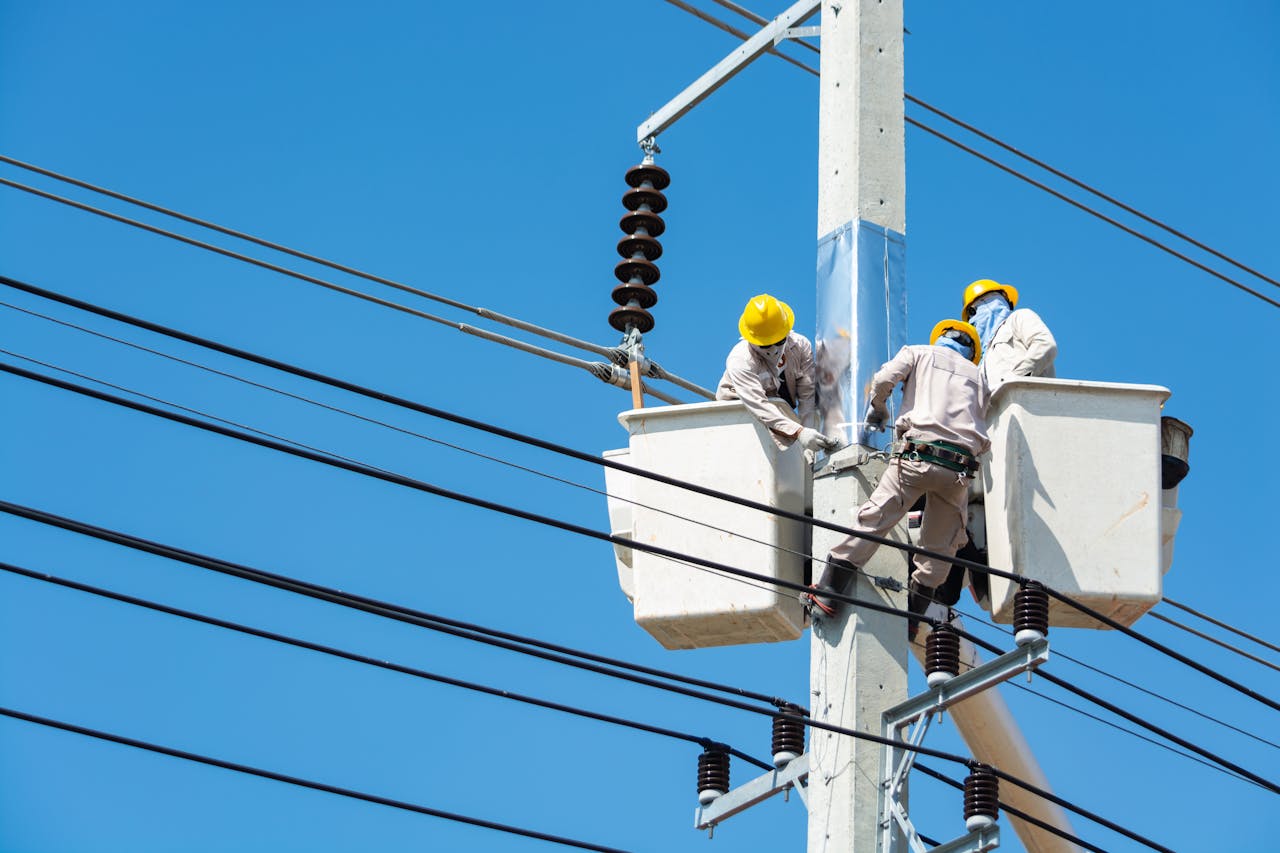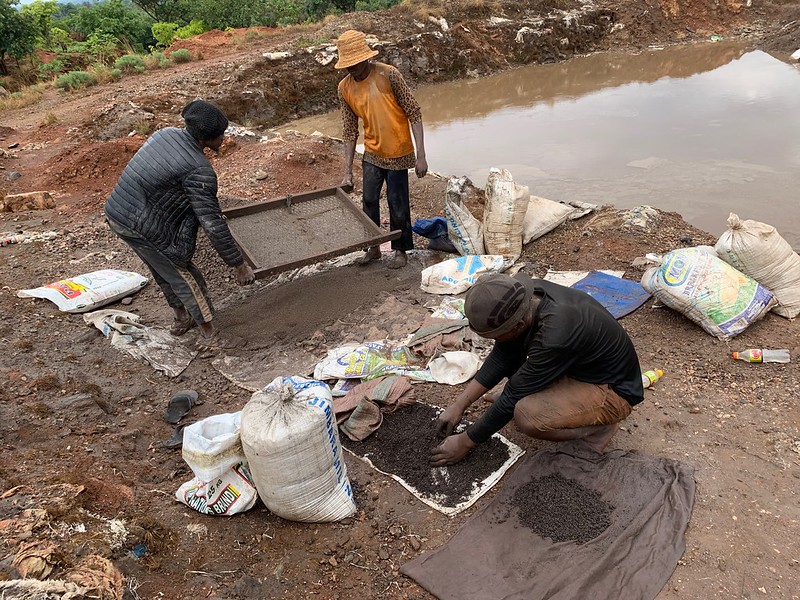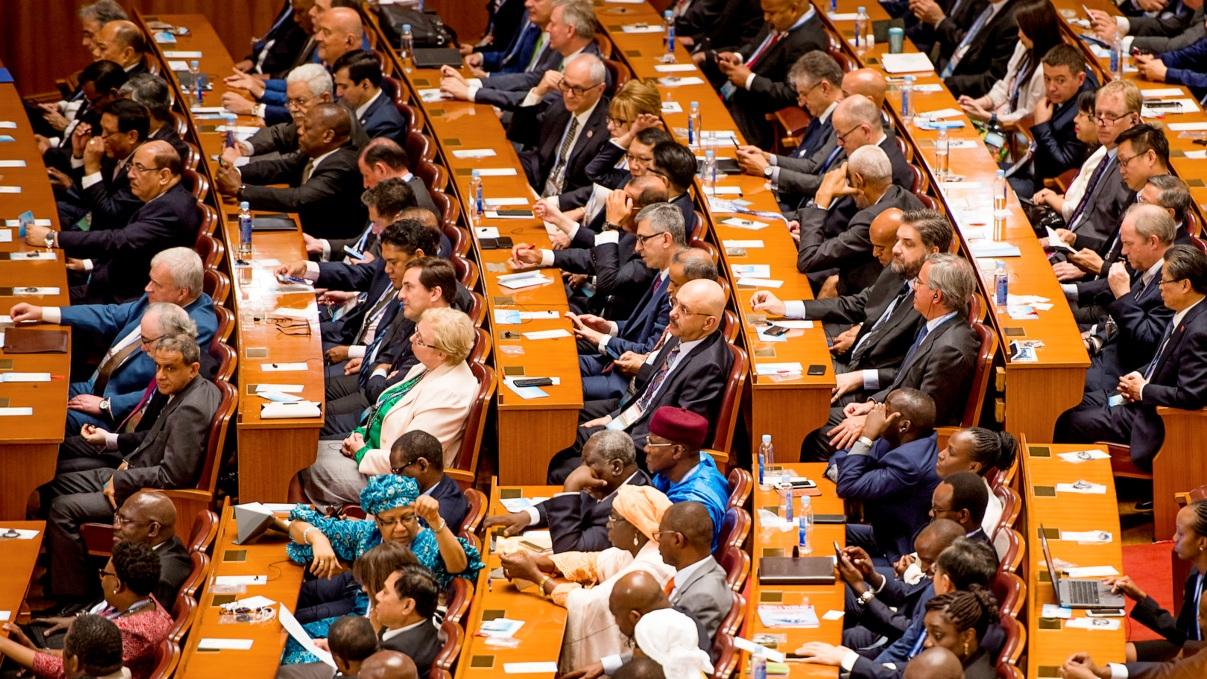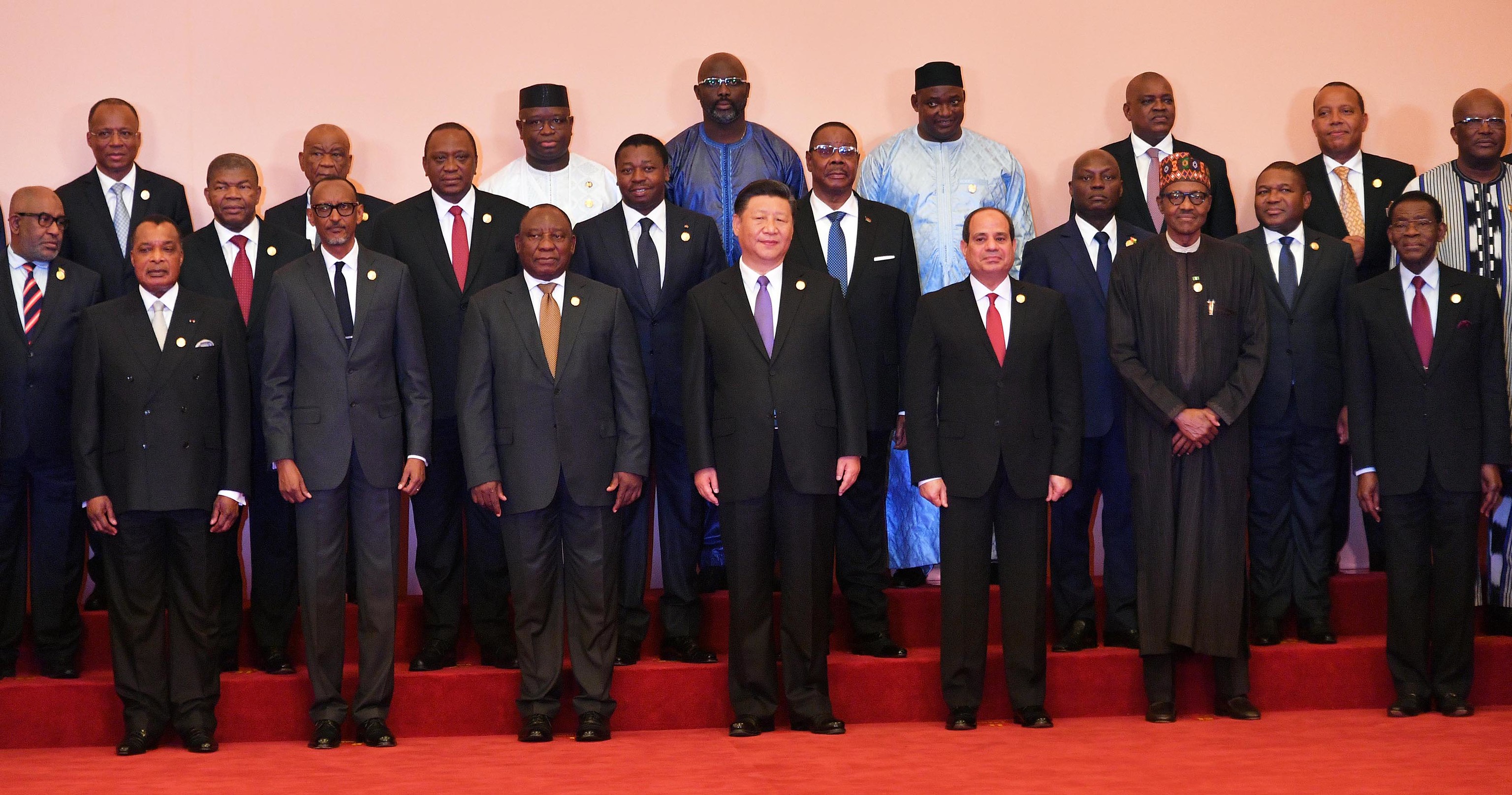The Democratic Republic of Congo (DRC) is the world’s largest producer of cobalt making it a key player in the global production of cell phones, laptops, and electric cars, which all depend on the ore. However, the global importance of this mineral extraction is not reflected in wealth or influence for the African country, its workers face precarious working conditions, and the industry is harming the local environment, write Felipe Honorato and Guilherme Freitas.
Forecasts predict that global demand for cobalt will quadruple by 2030. More than half of the world’s cobalt is produced for batteries, which will become increasingly important as the world continues to digitalise and decarbonise. Cobalt is an essential element in the lithium-ion batteries, used in electric vehicles (each electric car requires five to ten kilos of cobalt to be built), smartphones and laptops. Without DRC’s reserves, the world will not be able to meet its growing demand for the mineral.
The Democratic Republic of Congo produces around 60 per cent of all the world’s cobalt. No other country produces more than 6 per cent. Cobalt is on the European Union’s list of critical raw materials, with low substitution and recycling rates, and a high risk of shortages. It is also on the list of 35 mineral commodities considered critical for the US economy and national security, due to its vulnerability to supply constraints.
Artisanal cobalt mining in Congo-Kinshasa
In DRC, cobalt is present in the Katanguense copper belt, in the Katanga province, an area that contains some of the richest cobalt deposits in the world. It is often found in surface deposits, and so the mineral can be extracted from small artisanal mines.
Small-scale artisanal mining (ASM) occurs close to large-scale mining plants. Artisanal miners work where there are proven cobalt reserves, next to areas that are occupied by large mining operations.
ASM constitutes a crucial complement to industrial mining, which produces most of the world’s cobalt. Congolese ASM is responsible for more than 10 per cent of global cobalt production, making it the second largest global supplier of the mineral, followed by Russia, with 6 per cent, and Australia, with 5 per cent. In the DRC, there are 46,000 artisanal miners working in the cobalt sector.
Dangerous working conditions are a constant at ASM in Congo-Kinshasa. The main safety risk arises from manually digging narrow, deep shafts that are inadequately protected, poorly ventilated and prone to collapse. The Congolese government supports ASM and is in the process of creating an agency, Entreprise Général du Cobalt (EGC), to oversee artisanal mining and the purchase of domestically produced ASM-sourced cobalt ore before processing. The EGC was announced by the government in March 2021 but remains inoperative.
Cobalt and China
Chinese mining companies dominate the global cobalt supply chain. From extracting the mineral in mines in Congo-Kinshasa to smelting and refining: two-thirds of all the world’s cobalt is refined in the Asian country.
Fifteen of the nineteen cobalt-producing industrial mines in the DRC were owned or financed by Chinese companies as of 2020. Chinese businesspeople have set up buying stations, also known as depots, near the 30 cobalt ASM facilities in Lualaba and Katanga. At these purchasing stations, the quality of the ore is assessed, and its price is determined.
In 2019, miners in Kamilombe revolted against buyers from Chinese company Congo Dongfang International Mining (CDM), saying they felt deceived. They ended up destroying CDM equipment. According to Dorothèe Baumann-Pauly, Professor for Business and Human Rights at NYU STERN: “During our visit to Kamilombe in December 2022, representatives of the local mining cooperative told us that they no longer sell their production to CDM, but new Chinese buyers have now taken over the depots. Miners said they still have no bargaining power over prices or the volumes they can sell”.
Exploration, the environment, and human rights
Serious problems surround the sector, such as worker exploitation, child labour and toxic pollution. For example: mine waste pollutes water, air and soil, while dust from mechanical excavations, or from manually excavating or breaking rocks, can contain toxic metals, including uranium, which is associated with respiratory diseases and congenital malformations. Additionally, an estimated 40,000 children work in cobalt mines in southern DRC where they face violence, extortion and intimidation. Many of these issues are linked to the existence of clandestine comptoir d’achat de minerais, illegal counters where minerals are sold without much regulation. There was an effort in 2016 by the government of Lualaba to close all illegal comptoir d’achat de minerais, but they resumed their activities in the district of Kolwezi and along the road linking this region to Likasi.
The DRC is central to meeting the current global demand for cobalt. And artisanal mining is a vital part of that, one that despite the dangers, guarantees the livelihood of many families in the country. The Congolese government needs to work to improve the conditions of artisanal miners, and there is greater inclusion of women in ASM.
It is also necessary that countries in the global north continue to take measures to ensure that their electronics, IT, and “green” industries do not fuel environmental damage and human rights abuses in the global south.
Photo credit: iied used with permission CC BY-NC-ND 2.0 DEED





